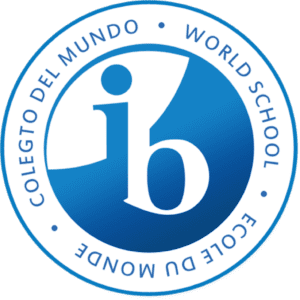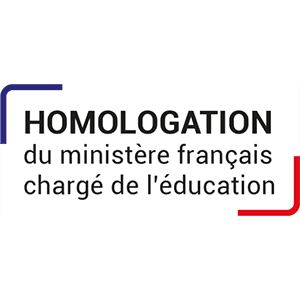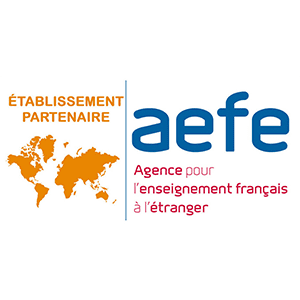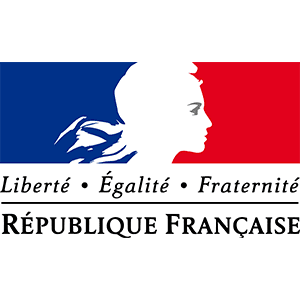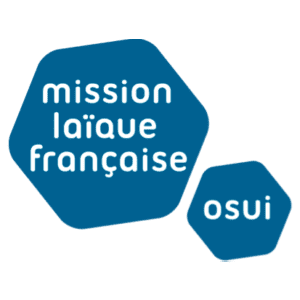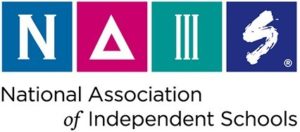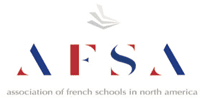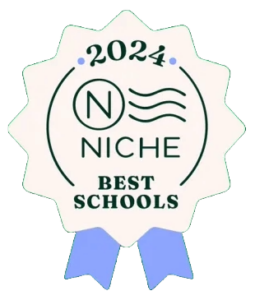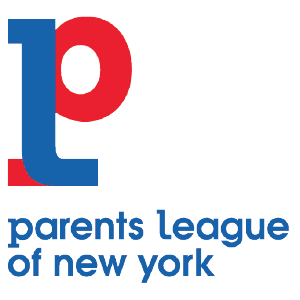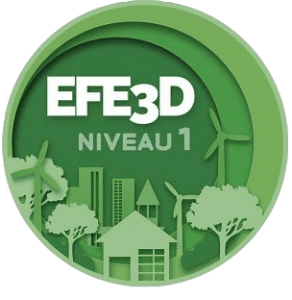Statement of Belief
At Tessa International School, we believe in holistically-designed, developmentally appropriate assessments. Our goal is to communicate students’ strengths and areas for improvement to both students and parents, while fostering a schoolwide culture focused on enhancing learning outcomes and instructional processes. We align our assessments with the Phases of Learning in the Primary Years Program and The French National Curriculum, as well as best practices in immersion language teaching, aiding teachers in adjusting instruction and reteaching as necessary. We are committed to building a schoolwide assessment culture that focuses on improving learning outcomes for students and instructional processes.
Essential Elements of Assessment
Our assessment strategy is tailored to address the essential elements of the PYP, including knowledge acquisition, understanding of concepts, developing Approaches to Learning, and encouraging appropriate action.
Assessment at Tessa International School is designed to address the essential elements of the Primary Years Program (PYP), including:
- Acquisition of knowledge
- Understanding of concepts
- Developing Approaches to Learning
- Decision-making and problem-solving
Teachers utilize a variety of assessment tools and strategies to collect and record data on student progress. These
tools and strategies may include:
- Observations
- Performance assessments
- Process-focused assessments
- Open-ended tasks
Assessment Procedure
Each learning engagement begins with an assessment of children’s prior knowledge, allowing teachers and students to build upon existing skills and knowledge. The success criterion for each assessment task is a collaborative effort between teachers and students.
Forms of Assessment
- Diagnostic Assessment: Diagnostic assessment is utilized to evaluate students’ prior knowledge and understanding before beginning a new unit of study, allowing educators to tailor instruction, respond to and extend children’s thinking, and support children’s needs effectively.
- Formative Assessment: Formative assessment occurs throughout the learning process and is used to inform instruction and provide students with feedback on their progress.
- Summative Assessment: Summative assessment is used to measure student achievement at the end of a learning unit or period.
- Positive Assessment: Tessa International School emphasizes positive assessment, which focuses on student strengths and provides constructive feedback to help students improve.
Home Learning
Homework should be designed to promote inquiry-based learning, real-world relevance, differentiation, formative assessment, collaboration and reflection, balanced workload, feedback, family involvement, consistency, and purpose.
As not everyone learns in the same way or at the same speed, the school does not set a specific amount of homework for students to complete each week. Homework assignments will be given out at the discretion of the teacher. It is important to note that home learning assignments given out to each student in the class may differ at times, to suit the different ability levels and student needs.
Standardized Testing and Assessments
- Literably grade 1-3: This test assesses reading fluency, spelling, phonological awareness, and
comprehension. - Writing samples for grades 1-3: Students are asked to write on a variety of prompts to demonstrate their
writing skills. - AVANT for grades 1-3: This test assesses proficiency in the target language for students in dual language
programs. - Math for grade 1-3: Math assessments are designed in response to the understandings developed in
Singapore Math to demonstrate conceptual understanding and problem solving, both in English and the
target language. - Brigance for PK3-Kindergarten: This assessment measures cognitive development including, early
literacy and language skills, foundational math skills, and motor skills.
Online Portfolios
Portfolios demonstrate student success, growth, and creativity, fostering reflection and goal setting. They are essential for communication with parents and are tailored to each student’s experiences and interests. The student portfolio is a collection of students’ involvement in learning which is designed to demonstrate success, growth, higher-order thinking, creativity, assessment strategies and reflection. Both the students and the teachers take responsibility in organizing the student portfolios. The portfolio enables students to reflect with teachers, parents and peers in order to identify their strengths and growth as well as areas for improvement, and then to set individual goals and establish teaching and learning plans.
Reports
The school issues four reports annually, including interim assessments and long-form report cards, tailored to document a holistic view of developmental progress from Nursery to Primary.
Tessa International School administers four reports per year:
October: Interim progress-report highlighting transition, approaches to learning, and suggested goals by the teacher.
December: Holistic overview with narrative comments highlighting the child’s explorations, knowledge, and understandings in all disciplines throughout the term.
March: Interim progress-report highlighting transition, approaches to learning, and suggested goals by the teacher.
June: Holistic overview with narrative comments highlighting the child’s explorations, knowledge, and understandings in all disciplines throughout the term.
Feedback and Reflection
Effective assessments at our school hinge on prompt and ongoing feedback coupled with reflective learning. Teachers consistently provide feedback, guiding students in a cycle of reflection to deepen their understanding and learning. Simultaneously, parents receive regular updates, either daily or weekly, to stay informed about their child’s progress and development. This approach ensures a collaborative and informed learning environment for all students.
Conferences
Conferences are held to share information with the learning community, scheduled regularly and as needed. Our conferences consist in two forms:
Parent-Teacher Conference: A parent-teacher conference is a collaborative meeting where educators and parents discuss a student’s academic progress, behavioral development, and strategies for future learning and support.
Student-Led Conference: A student-led conference is an interactive meeting where students present their academic progress, learning experiences, and goals to their parents and teachers. It empowers students to take ownership of their learning, enhance self-assessment and communication skills, and strengthen the partnership between students, parents, and teachers.






